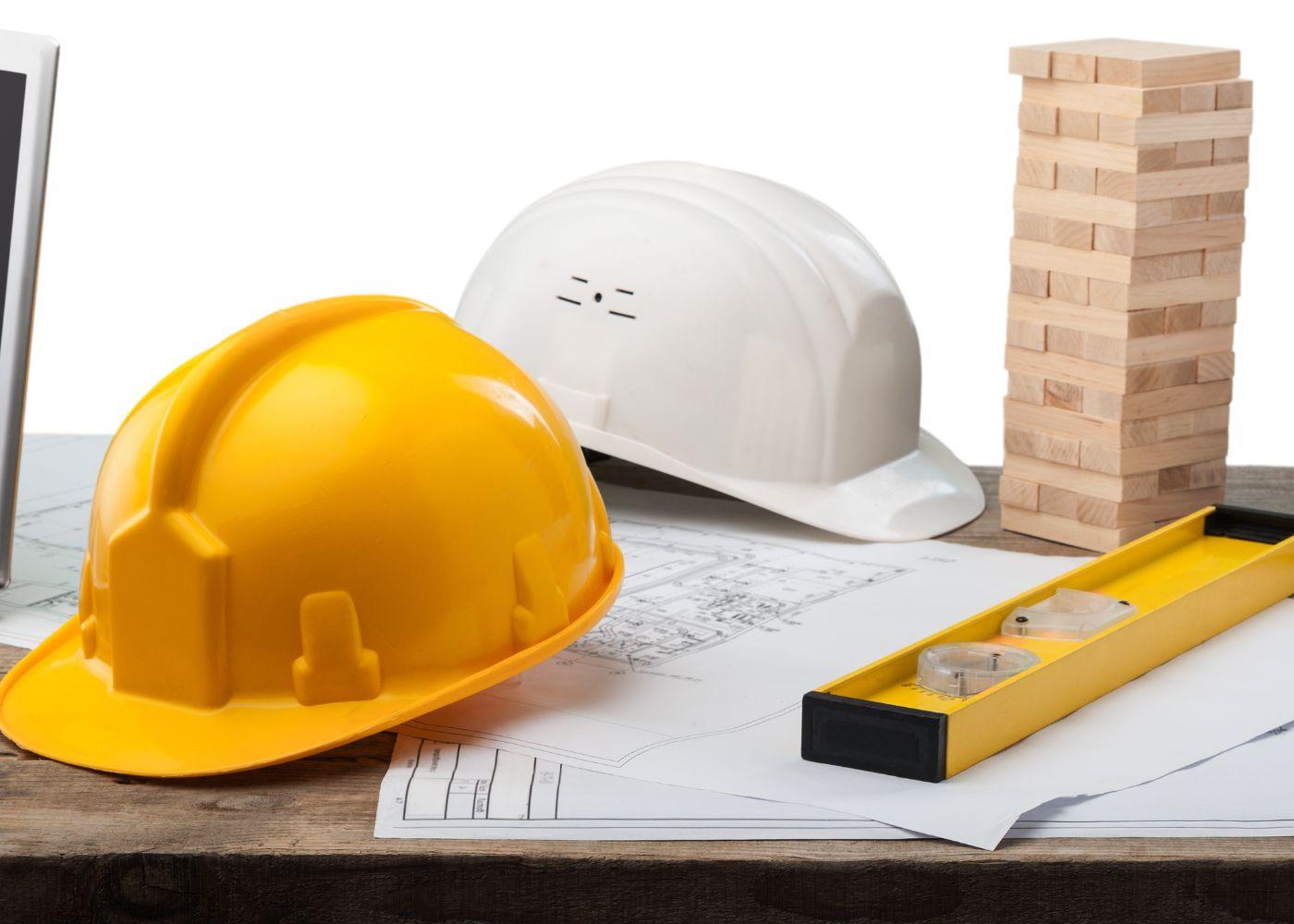When you’re diving into a commercial construction project, whether it’s building a new office complex or remodeling an existing space, there’s one key player you’ll want on your team: a general contractor. These professionals wear many hats and are essential to making sure the job gets done right. Let’s break down what a general contractor does and why they’re so valuable to your commercial construction project.
What Is a General Contractor?
A general contractor (GC) is like the project manager for your construction job. They’re responsible for overseeing the entire project from start to finish. This includes everything from planning and budgeting to making sure the work gets done on time and within the set budget. They act as the main point of contact for everyone involved in the project, from architects and engineers to subcontractors and suppliers.
Responsibilities of a General Contractor
The role of a general contractor in commercial construction is multifaceted. Here are some of the key responsibilities:
1. Project Planning and Management
Before any work begins, the general contractor will sit down with you to understand your vision and goals. They’ll then create a detailed plan that outlines the timeline, budget, and scope of work. Once the project kicks off, they keep everything on track, managing the schedule, coordinating with various teams, and making sure everyone knows what they’re supposed to be doing.
2. Hiring and Supervising Subcontractors
One of the biggest tasks for a general contractor is hiring the right subcontractors. These are the specialists who handle specific parts of the job, like electricians, plumbers, or painters. The GC will vet these subcontractors, negotiate contracts, and supervise their work to ensure it meets the project’s standards.
3. Ensuring Quality and Safety
A general contractor is responsible for making sure the work is up to code and meets all safety regulations. They conduct regular inspections to ensure that everything is being built according to the plans and that the materials used are of high quality. They also make sure the work site is safe for everyone involved.
4. Budgeting and Cost Control
Managing the budget is one of the trickiest parts of any construction project. A general contractor will create a budget at the beginning of the project and then work to keep costs under control as the project progresses. They handle payments to subcontractors and suppliers, track expenses, and make adjustments if unexpected costs arise.
5. Communication and Problem-Solving
Construction projects are complex, and things don’t always go according to plan. When issues arise, the general contractor steps in to solve problems quickly. They keep everyone informed and ensure that the project stays on track, even when challenges come up.
The Value of a General Contractor in Commercial Construction
Having a general contractor on board can make a huge difference in the success of your commercial construction project. Here’s why:
Expertise and Experience
General contractors bring a wealth of knowledge to the table. They’ve worked on countless projects and have the expertise to foresee potential issues before they become problems. This experience helps ensure that your project runs smoothly and avoids common pitfalls.
Time and Cost Efficiency
Because they manage every aspect of the project, general contractors can help you save both time and money. They know how to streamline processes, hire reliable subcontractors, and avoid costly mistakes. This efficiency keeps your project on schedule and within budget.
Peace of Mind
One of the biggest benefits of hiring a general contractor is the peace of mind it provides. You don’t have to worry about coordinating all the different aspects of the project yourself. Instead, you can rely on the GC to handle everything, allowing you to focus on your business or other priorities.
How General Contractors Differ from Home Remodeling Contractors
While the focus here is on commercial construction, it’s worth noting that general contractors also play a vital role in residential projects. Home remodeling contractors, for example, are general contractors who specialize in residential work. The difference lies in the scale and scope of the projects they handle. While a home remodeling contractor might focus on renovating kitchens or adding new rooms, a commercial general contractor deals with larger, more complex projects like office buildings, retail spaces, or industrial facilities.
Conclusion
In commercial construction, a general contractor is your go-to expert, ensuring your project is completed on time, within budget, and to the highest quality standards. Their role is crucial in managing the many moving parts of a construction project, from hiring subcontractors to solving problems on the fly. Whether you’re building from the ground up or tackling a major renovation, having a skilled general contractor on your team is one of the best decisions you can make.

